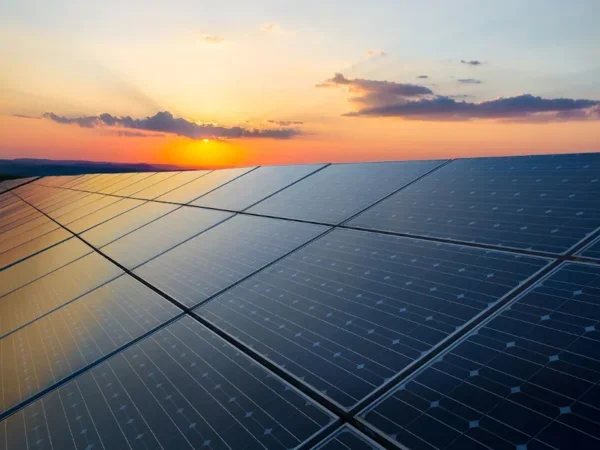China Energy Engineering Group proposed building a 1 000 MW floating solar farm for Zimbabwe, a nearly $1-billion project, on the world’s largest man-made lake.
More than 1.8 million photovoltaic panels installed over 146 modular floating units would be used for the project on Lake Kariba if it went ahead, according to an official report that was prepared for the state’s power utility and potential private equity funders by the company and seen by Bloomberg. The civil engineering works would cost $ 186 million and the installation $ 801 million, according to China Energy.
Zimbabwe is facing acute electricity shortages that have resulted in blackouts lasting about 12 hours a day because low water levels have stifled generation from a hydropower plant on Lake Kariba. The problem has been exacerbated by frequent breakdowns at the Hwange thermal power station.
China Energy has installed floating panels on China’s Dingzhuang River and in Thailand, it said in the presentation. Interest in such installations, which avoid competition for land and have the potential to reduce evaporation from reservoirs, has increased in recent years, according to the International Energy Agency.
The Kariba report was prepared for Zimbabwe Power, CDF Trust, Energy China, and the Intensive Energy Users Group, which comprises mining companies and other big electricity consumers. It envisions mining operations eventually tapping power from the project, which would help the country reduce its carbon emissions.
Mining Weekly
.png)




